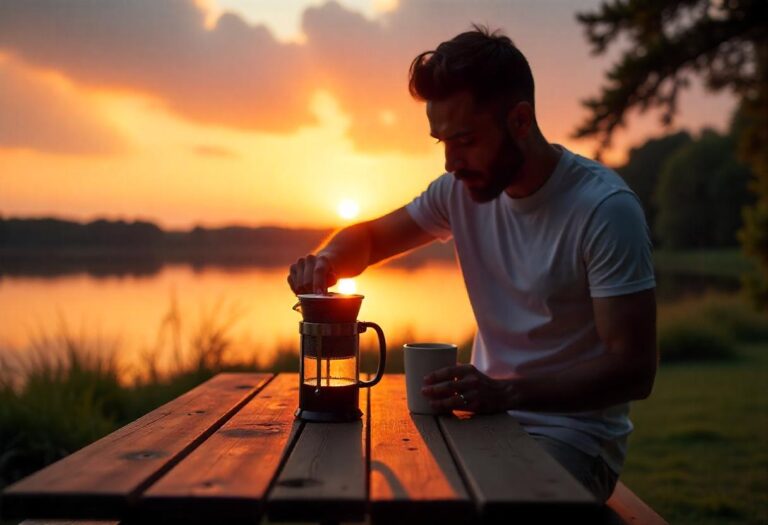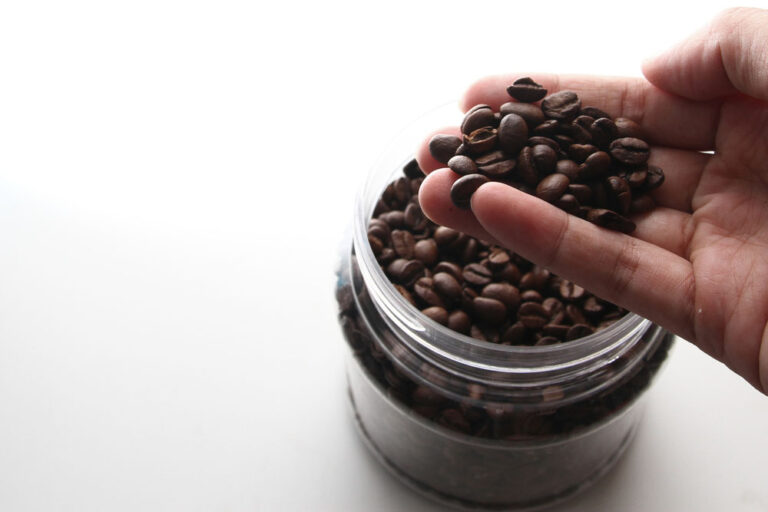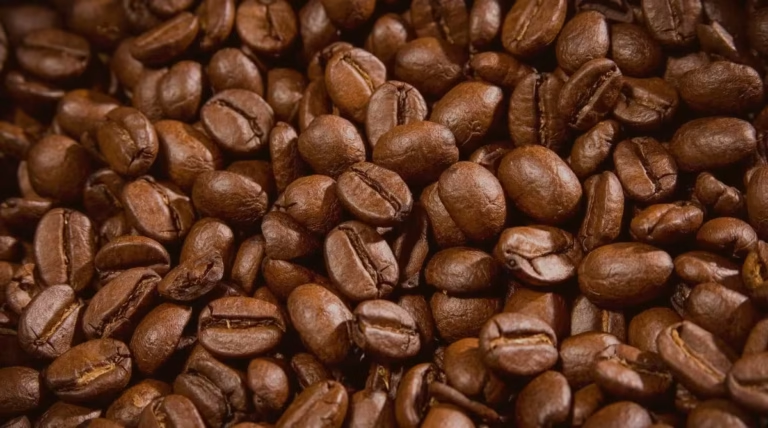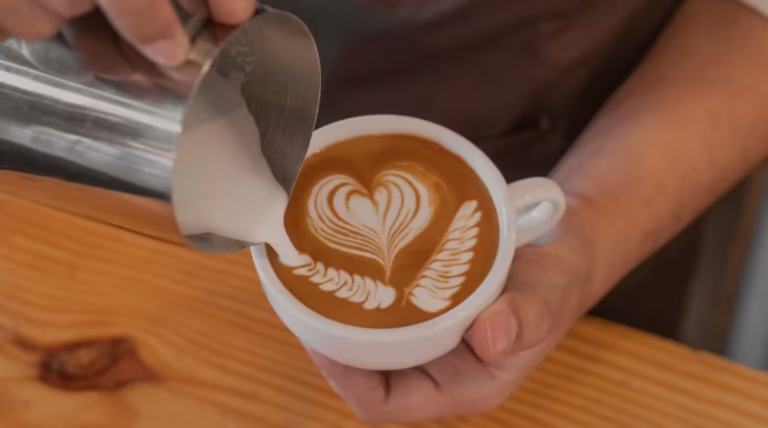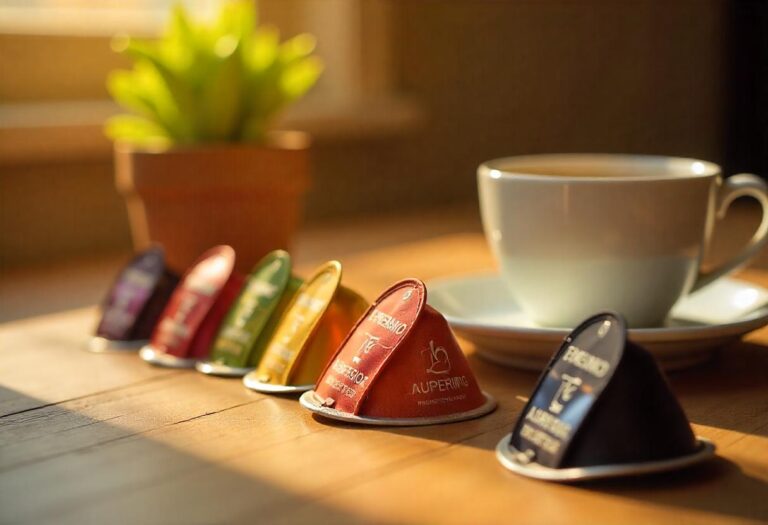Understanding the Perfect Coffee to Water Ratio
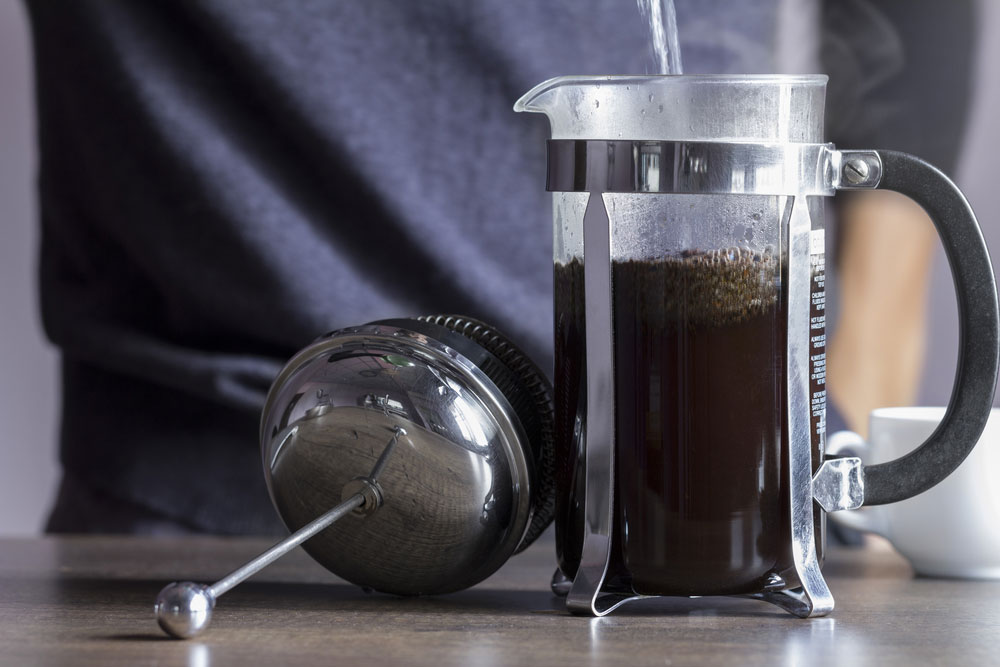
The last thing you want in the morning is weak coffee, and adversely you wouldn’t want to drink mud water.
Thus, making the perfect coffee can be a challenge, unless know the right coffee to water ratio.
Whether you’re using a French press or a drip coffee filter, there is the perfect water to coffee ratio out there.
Making Coffee Comes Down to Supplies
Before you start anything, it’s important to have the right supplies to make the best cup of coffee.
The first thing to consider with this is your brewing method.
Whether you’re using your standard coffee maker, a single serve machine, or a French press, it’s important to clean your tools of the trade. In the event that there is residue of old coffee in your maker, it can actually create a bitter tasting brew.
Cleaning is as simple as running warm water through the maker and ensuring that it’s dry before operating.
Something else to consider for your supplies is the type of coffee you will be using. If you’re into the coffee scene, you know there is a great range of coffee selections that can be broken down into region, roast method and more. This is why it’s important to get the right coffee for you.
From espresso to blonde roast, finding the right coffee is all about experimenting.
Also be sure to get fresh coffee for the best taste. Coffee is roasted to last only a certain amount of time, sometimes as little as a few weeks, so avoid buying coffee in large portions.
Another way to make sure you get the freshest taste is to grind the coffee beans yourself. While there is some technique that goes into it, it’s definitely a satisfying experience.
What is the French Press Coffee to Water Ratio?
While there are no hard and fast rules for the coffee grounds to water ratio, there is a widely accepted rule of thumb when it comes to coffee and it’s generally about six ounces of water for every two tablespoons of ground coffee. This ratio can be adjusted to your taste of course, which is why coffee is so versatile.
If you want darker or stronger coffee, you can add more coffee with the same amount of water. If you want it weaker, do the reverse and mix more water with less coffee. This ratio can also change depending on the machine you’re using.
The French press coffee to water ratio may be different than your standard home coffee maker, so be sure to look at the instructions or guide yourself by the marks in the maker.
5 Common Coffee Making Mistakes
Making the perfect pot of coffee can be a challenge, and sometimes, it can all go wrong. Some common signs you got the water to coffee ratio wrong include:
- Coffee Grinds in Your Pot: Most people like a strong cup of coffee, but putting too much coffee in your maker can actually cause it to overflow. This will cause the ground coffee to actually flow into your cup, which can be an unpleasant surprise as your drink.
- Coffee is Weak or Light: Making an error in your coffee grounds to water ratio can result in weak or light coffee. If your coffee tastes like tinted water, chances are, you didn’t put enough coffee grounds in your French press.
- Brewing Time Issues: While a standard coffee maker knows how long to brew for, when you begin to use a French press, you may run into brewing time issues. Not enough time in contact with the water, and the coffee is light. Too much time in contact with the coffee and your morning cup could have a bitter taste. Be sure you know the exact amount of contact time needed to make the perfect cup of coffee.
- Water Temperature Issues: French press coffee to water ratio is not the only thing you have to worry about when using this style of maker. The water temperature can play a big part in the taste and quality of your coffee. If the water is too hot it can scald the coffee, and if it’s too low, it won’t mix properly, leaving you with weak coffee.
- Old Coffee: Making a good cup of coffee starts with freshness. If you can’t remember when you purchased your beans, or if you’ve had ground coffee sitting for a long time, this can all create bad tasting coffee.
Experiment and Have Fun
Getting a good handle on the process needed to make the perfect cup of coffee with your specific maker is critical. Experiment with different water to coffee ratios, water temperatures, and brewing time, and before you know it, you will have the perfect cup of coffee every time.
You might also like: Coffee Doesn’t Wake Me Up — Why Is This and What’s Going On?

